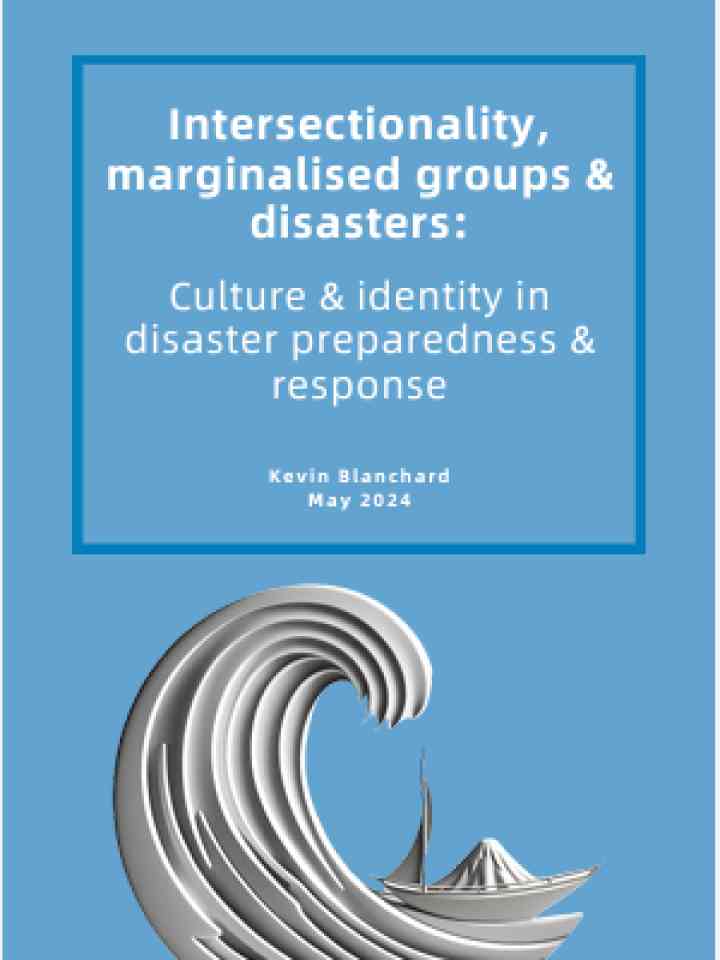Culture and identity in disaster preparedness and response
Delving into the intricate relationship between culture, identity and disaster preparedness and response, this report highlights the importance of integrating cultural considerations into disaster risk reduction & disaster response work, as well as better understanding the intricacies of individual or community identity in disasters. By examining the convergence of traditional knowledge with modern disaster management practices, the report aims to highlight both the strengths and challenges of integrating these approaches.
This report has illuminated the critical role of cultural heritage and identity in disaster preparedness and response. Key findings reveal that cultural heritage encompasses practices, beliefs, and historical experiences that significantly shape community perceptions of risk and preparedness strategies. Identity factors such as gender, race, religion, socio-economic status, and disability influence access to resources and support systems, thereby affecting vulnerability and resilience. The intersectionality of these identities provides a complex framework for understanding how diverse groups experience and respond to disasters.
Explore further
